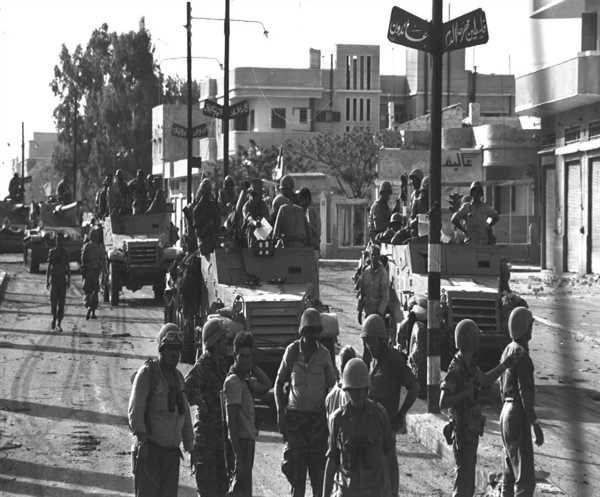The Arab-Israeli conflict is one of the longest-running and most complex conflicts in modern history. It has been a source of tension and conflict between the Middle East and the West for decades. The origins of the conflict date back to the early 20th century, when the British government proposed the Balfour Declaration, which promised the establishment of a Jewish homeland in Palestine. This proposal was opposed by the local Arab population, who viewed it as an encroachment on their territory.
The conflict intensified following the establishment of the state of Israel in 1948, which was immediately followed by the first Arab-Israeli war. The war resulted in Israel gaining control of much of the former British-controlled region, including the West Bank and Gaza Strip. This led to further displacement of the local Arab population and cemented the division between Israel and its Arab neighbors.
The 1967 Six-Day War saw Israel gain control of the remaining Arab-controlled areas in the region, including East Jerusalem. This led to more displacement of the Arab population and a large influx of Jewish settlers into the newly-gained territories. This in turn led to increased tensions between Israel and its Arab neighbors, culminating in the 1973 Yom Kippur War.
Since then, the Arab-Israeli conflict has been an ongoing issue, with a number of Arab-Israeli wars, terrorist attacks, and peace negotiations taking place over the years. In recent years, the conflict has seen some shifts in focus, with Israel and the Palestinian Authority embarking on a number of peace initiatives. Despite these efforts, however, the conflict remains unresolved, with both sides maintaining their positions and the region still in a state of turmoil.
The Arab-Israeli conflict has been a source of tension and instability in the Middle East for decades and remains one of the most intractable conflicts in modern history. It has seen numerous wars, terrorist attacks, peace negotiations, and other initiatives, but it remains unresolved. As long as the situation remains unresolved, it is likely to continue to cause tension and violence in the region, making it a priority for international negotiators and policy makers in the years to come.
